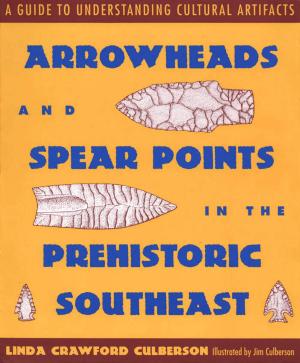The Legacy of Eric Williams
Into the Postcolonial Moment
Nonfiction, History, Americas, Caribbean & West Indies, Social & Cultural Studies, Political Science, Social Science| Author: | ISBN: | 9781626746947 | |
| Publisher: | University Press of Mississippi | Publication: | June 2, 2015 |
| Imprint: | University Press of Mississippi | Language: | English |
| Author: | |
| ISBN: | 9781626746947 |
| Publisher: | University Press of Mississippi |
| Publication: | June 2, 2015 |
| Imprint: | University Press of Mississippi |
| Language: | English |
The Legacy of Eric Williams provides an indispensable and significant understanding of Eric Williams's contributions to the now independent nation of Trinidad and Tobago and his impact on the broader international understanding of the Caribbean. This book stands out because of its simultaneous investigation into Eric Williams as a scholar/intellectual, a political leader, and, most importantly, a key postcolonial figure. Most previous studies have treated these as separate arenas.
The essays here confront the relevance of postcolonialism in understanding Williams's role both in post-independence Trinidad and Tobago and in newer understandings of Caribbean globalization. The volume divides into three broad sections--"Becoming Eric Williams," "Political Williams," and "Textual Williams." "Becoming Eric Williams" provides background on Williams and the Caribbean's ontological quest, addressing what it means to be West Indian and Caribbean. "Political Williams" engages with his policies and their consequences, describing the impact of Williams's political policies on several areas: integration, color stratification, and labor and public sector reform. Williams's far-reaching political influence in these aspects cements his legacy as one of the main public intellectuals responsible for creating the modern Caribbean. "Textual Williams" examines his scholarly contributions from a more traditional academic perspective. These sections allow for a comprehensive understanding of Williams as a man, a scholar, and a politician.
The Legacy of Eric Williams provides an indispensable and significant understanding of Eric Williams's contributions to the now independent nation of Trinidad and Tobago and his impact on the broader international understanding of the Caribbean. This book stands out because of its simultaneous investigation into Eric Williams as a scholar/intellectual, a political leader, and, most importantly, a key postcolonial figure. Most previous studies have treated these as separate arenas.
The essays here confront the relevance of postcolonialism in understanding Williams's role both in post-independence Trinidad and Tobago and in newer understandings of Caribbean globalization. The volume divides into three broad sections--"Becoming Eric Williams," "Political Williams," and "Textual Williams." "Becoming Eric Williams" provides background on Williams and the Caribbean's ontological quest, addressing what it means to be West Indian and Caribbean. "Political Williams" engages with his policies and their consequences, describing the impact of Williams's political policies on several areas: integration, color stratification, and labor and public sector reform. Williams's far-reaching political influence in these aspects cements his legacy as one of the main public intellectuals responsible for creating the modern Caribbean. "Textual Williams" examines his scholarly contributions from a more traditional academic perspective. These sections allow for a comprehensive understanding of Williams as a man, a scholar, and a politician.















